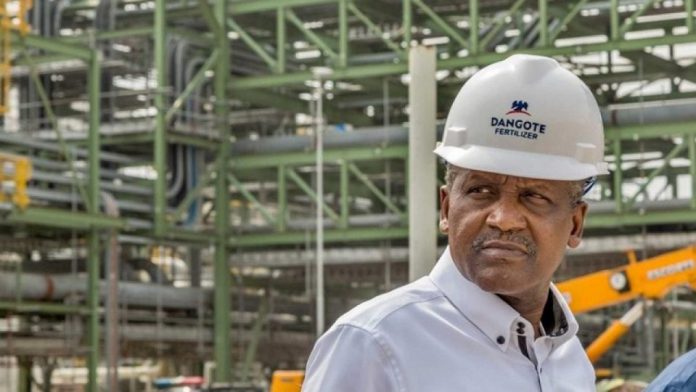The recent deployment of 4,000 trucks by Dangote Petroleum Refinery to enhance fuel distribution across Nigeria has ignited a nationwide discussion, attracting both praise and skepticism from the public.
The company announced that these trucks will facilitate efficient delivery of petroleum products to vital sectors such as aviation, manufacturing, and telecommunications. While many view this initiative as a positive step for the downstream sector, others argue it merely addresses surface issues rather than the fundamental problems within Nigeria’s fuel logistics chain.
On social media, reactions have been diverse. Some users, like Tajudeen Kareem, praised the initiative but deemed it insufficient. He suggested that Dangote should invest in revamping the rail system for safer and cheaper fuel transportation.
Others, such as Olalekan Ajimoti, expressed concerns about potential monopolistic practices, urging the Nigerian National Petroleum Corporation (NNPC) to prepare for increased competition once the refinery begins operations.
Responses also highlighted the role of intermediaries in the supply chain. Obasa Sanmi called for a similar distribution model for cement to eliminate middlemen profiting from the current system.
Chijioke Nwankwo viewed the development positively, suggesting it might shift dynamics in the fuel haulage industry, while Gabriel Bolatito believed it could disrupt traditional market interests.
Safety and oversight concerns were raised by Ujay Enebeli, who urged strict regulatory measures to ensure proper training for drivers, emphasizing the need for accountability.
Despite the promise of the Dangote Petroleum Refinery, which began production in early 2024 and is Africa’s largest privately owned facility, challenges remain. Poor road infrastructure and congestion at loading points hinder fuel transportation, and experts continue to advocate for a transition to more sustainable distribution methods like pipelines and rail.
As the deployment of these trucks begins, questions about logistics dominance, fair competition, and consumer protection are at the forefront, particularly in light of rising fuel prices and inflation. Nigerians are closely monitoring this initiative to see if it will provide real relief or merely shift the burdens within the supply chain.








